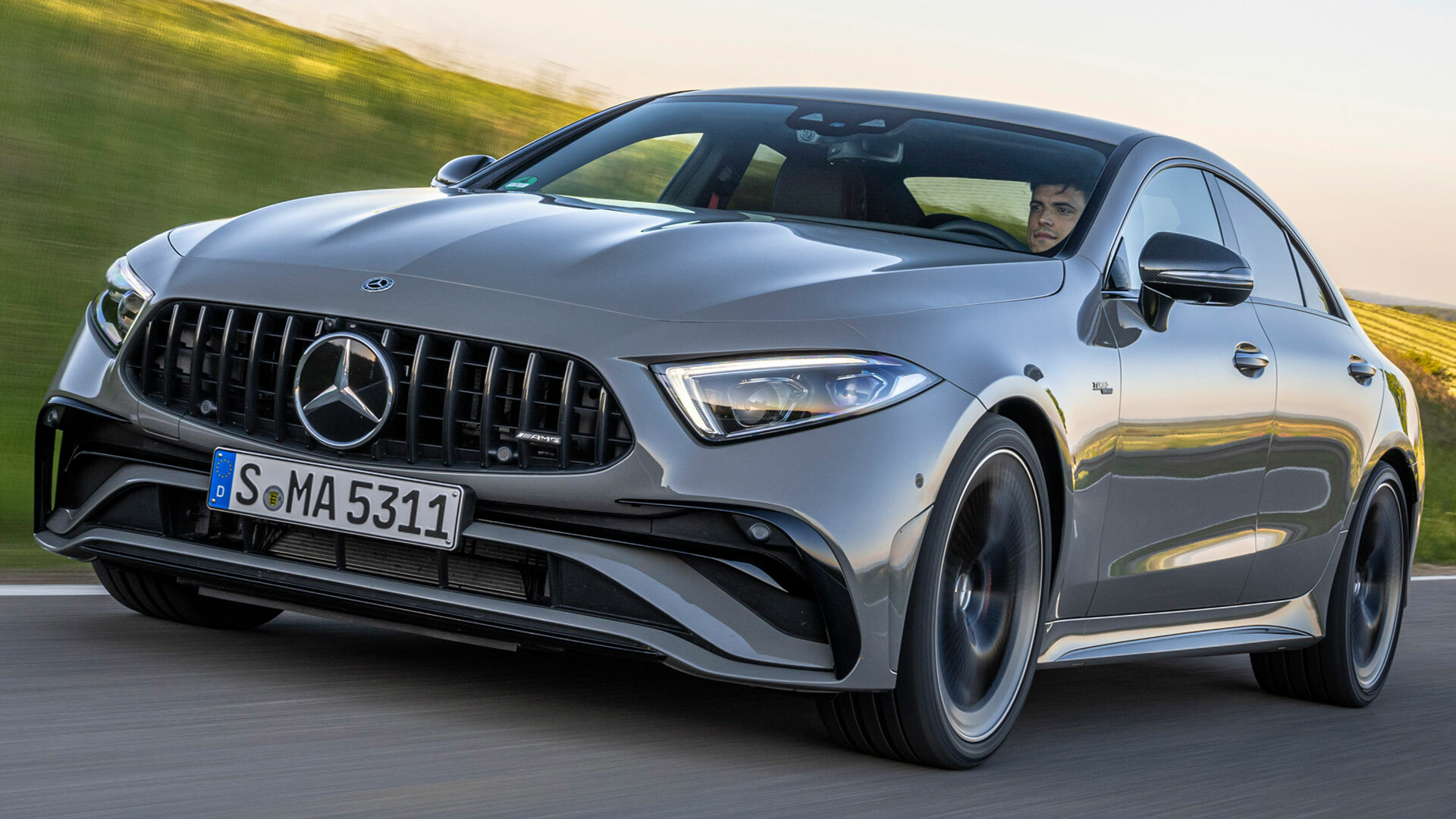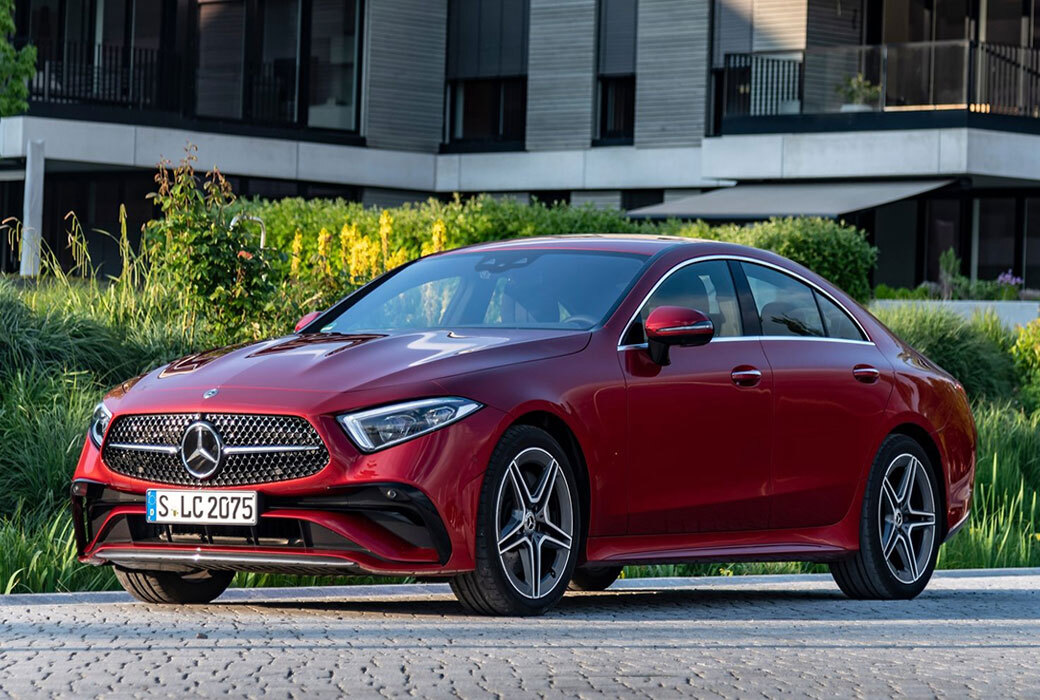Mercedes-Benz CLC 200 Kompressor: Stop! You’re About to Make a HUGE Mistake! (Seriously)
Meta Title: Mercedes CLC 200 Kompressor: Buyer Beware!
Meta Description: Considering a Mercedes-Benz CLC 200 Kompressor? This article reveals critical issues, hidden costs, and why you might regret your purchase. Read before you buy!
The Mercedes-Benz CLC, marketed as a more affordable coupe alternative based on the W203 C-Class platform, often catches the eye of budget-conscious luxury car buyers. The CLC 200 Kompressor, with its supercharged engine, promises a blend of performance and prestige. However, before you even consider signing on the dotted line, it’s crucial to understand the potential pitfalls. This article aims to equip you with the knowledge you need to make a truly informed decision, saving you from a potentially costly mistake.
The Allure of the CLC 200 Kompressor: What’s Appealing?
The CLC 200 Kompressor presents a tempting proposition. It boasts the iconic Mercedes-Benz badge, a sporty coupe silhouette, and a supposedly peppy engine. Its smaller size makes it more maneuverable in urban environments, and the promise of a premium driving experience at a lower price point is undeniably attractive.
- Stylish Design: The CLC, while based on an older platform, still looks relatively modern, especially in its later iterations.
- Mercedes-Benz Brand: The perceived prestige and image associated with the three-pointed star is a major draw.
- Potential Performance: The supercharged 1.8-liter engine (Kompressor) offers reasonable performance figures, promising a fun driving experience.
- More Affordable Price: Compared to newer Mercedes models, the CLC is often available at a more accessible price point.
However, beneath the surface glamour lies a complex reality that potential buyers must carefully consider.
The W203 Legacy: Age and its Consequences
The CLC’s foundation, the W203 C-Class platform, is a double-edged sword. While it represents proven Mercedes-Benz engineering, it’s also an aging platform. This means that the CLC 200 Kompressor is susceptible to the typical age-related issues that plague older vehicles, often amplified by the complexity of Mercedes-Benz engineering.
- Electrical Problems: W203 models are known for electrical gremlins, from faulty sensors to issues with the wiring harness. These can be expensive and time-consuming to diagnose and repair.
- Rust Issues: Rust can be a significant problem, particularly in areas prone to moisture like the wheel arches, sills, and undercarriage. Repairs can be costly and may require extensive bodywork.
- Suspension Degradation: The suspension components, including bushings, ball joints, and shocks, are prone to wear and tear, leading to a harsher ride and handling issues.
- Transmission Concerns: The automatic transmissions in some CLC models can be problematic, requiring expensive rebuilds or replacements.
These issues, compounded by the car’s age, can quickly erode any initial savings and lead to a frustrating ownership experience.
The Kompressor Engine: Power and Potential Problems
The supercharged 1.8-liter Kompressor engine, while offering respectable performance, introduces its own set of potential problems. The supercharger adds complexity and potential failure points compared to a naturally aspirated engine.
- Supercharger Failure: Superchargers have a finite lifespan and can fail, requiring expensive replacement or rebuilds. [Link to a reputable source detailing supercharger failures, e.g., a car forum or repair guide].
- Oil Consumption: Some Kompressor engines are prone to excessive oil consumption, leading to potential engine damage if not monitored and addressed promptly.
- Chain Tensioner Issues: The timing chain tensioner can fail, causing significant engine damage if not caught early.
- Complexity and Cost of Repair: The Kompressor engine is more complex than a standard engine, meaning repairs are often more expensive and require specialized expertise.
Hidden Costs: Beyond the Purchase Price
The purchase price is only the beginning. Owning a CLC 200 Kompressor can involve a series of hidden costs that can quickly drain your wallet.
- Maintenance Costs: Mercedes-Benz vehicles, even older ones, require regular maintenance. Parts and labor costs are generally higher compared to more mainstream brands.
- Specialized Repairs: When something breaks, you’ll often need to take the car to a specialist mechanic familiar with Mercedes-Benz vehicles, which can further inflate repair costs.
- Depreciation: While the initial purchase price might seem attractive, the CLC is likely to continue depreciating, potentially leaving you with a significantly lower resale value.
- Insurance Costs: Depending on your location and driving history, insurance premiums for a Mercedes-Benz may be higher than for a similar car from a different brand.
Alternatives to Consider: A Smarter Choice?
Before committing to the CLC 200 Kompressor, consider these alternative options that might offer a better ownership experience:
- Other Used Cars: Explore other used car options in the same price range from more reliable brands. [Link to a reputable used car buying guide, e.g., Consumer Reports].
- Later Model C-Class: Consider a slightly newer C-Class model (W204 or newer) if your budget allows. These models benefit from advancements in technology and improved reliability.
- Other Coupe Options: Explore other coupe models from different manufacturers that offer similar performance and features but with potentially lower maintenance costs and higher reliability ratings.
Conclusion: Making the Right Decision
The Mercedes-Benz CLC 200 Kompressor, while tempting, presents significant risks. The aging platform, potential engine issues, and high maintenance costs can quickly turn a seemingly affordable purchase into a financial burden. Before you buy, meticulously research the car’s history, inspect it thoroughly, and consider the long-term costs of ownership.
Ultimately, the decision is yours. But we strongly advise you to weigh the allure of the Mercedes-Benz badge against the potential headaches and expenses. By being informed and making a careful assessment, you can avoid a costly mistake and find a car that truly brings you joy. Remember, a cheaper purchase price doesn’t always equate to a better deal. Consider the total cost of ownership, not just the sticker price. Good luck with your car search!




